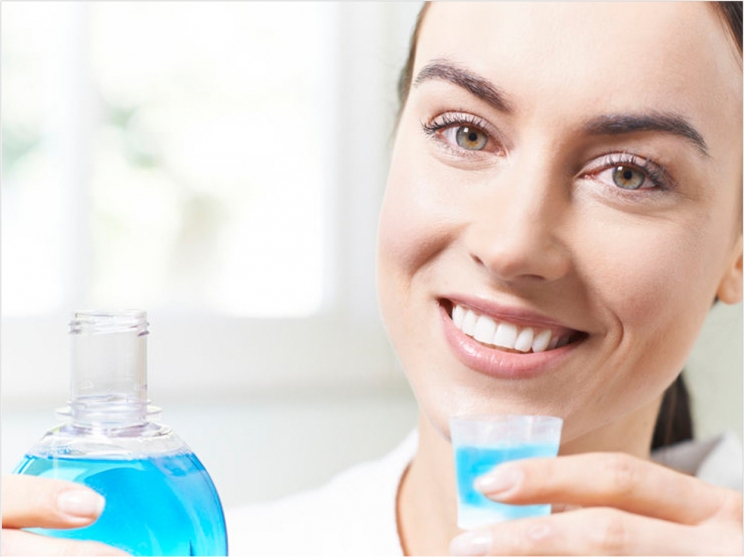
The Institute of Antiviral Research at Utah State University has compared the antiviral efficacy of four oral rinses in collaboration with IoTech International.
The testing included two rinses recommended by the ADA in its interim COVID-19 guidance (1.5% hydrogen peroxide and 0.2% povidone iodine). It also included an oral rinse that had earned the ADA Seal of Acceptance (0.12% chlorhexidine gluconate) and a molecular iodine oral rinse being developed by IoTech International.
The in vitro testing was conducted at a Level 3 Biocontainment laboratory by university researchers. It was conducted to determine both the cytotoxicity and antiviral efficacy of each of the four rinses.
The only rinse to demonstrate complete effectiveness against the SARS-CoV-2 virus was the molecular iodine oral rinse including molecular iodine 100 ppm, which was completely effective within 30 seconds.
The other three rinses were only partially effective, even after 60 seconds, the researchers said. Neither of the iodine rinses, the molecular iodine nor the povidone iodine, were cytotoxic in the testing. The hydrogen peroxide and chlorhexidine gluconate rinses both demonstrated toxicity.
“The Institute provides evidence-based research exploring the antiviral and virucidal activity of a wide range of compounds,” said Michelle Mendenhall, MS, principal investigator at Utah State University.
“We are pleased to have conducted this study, which compares, for the first time, the virucidal efficacy of three oral rinses used in professional dental offices and a newly developed rinse against SARS-CoV-2,” Mendenhall said.
“Molecular iodine is the only biocidal form of iodine,” said Rodger Kolsky, director of research and development at IoTech International.
“IoTech International’s unique, patented formulas provide consistently high levels of molecular iodine for our current products and the additional products that we are developing,” Kolsky said.
“These test results provide additional confirmation that our products will have a meaningful impact on people’s lives,” he said.
The study, “Comparative Analysis of Antiviral Efficacy of Four Different Mouthwashes Against Severe Acute Respiratory Syndrome Coronavirus 2: An In Vitro Study,” was published by the International Journal of Experimental Dental Science.
Related Articles
Some Mouthwashes May Inactivate Coronaviruses
Mouthwash May Fight Coronavirus
Some Toothpastes and Mouthwashes Neutralize the COVID-19 Virus by 99.9%


